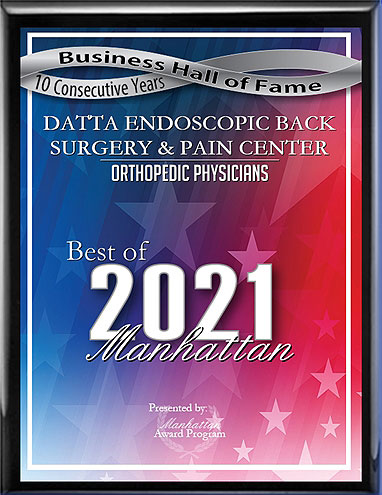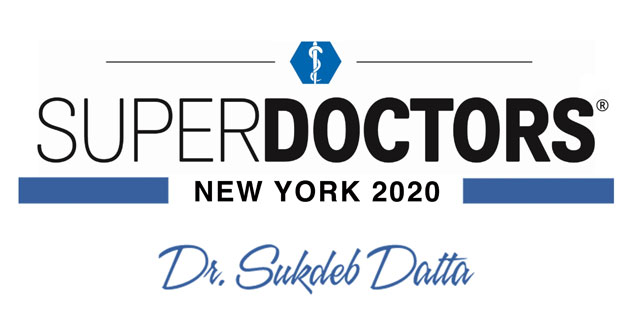Herniated discs occur when the outer portion of one of the spine's discs ruptures, allowing the softer, inner portion to leak through in one or more places. Herniated discs vary greatly in terms of severity. Most patients experience mild to moderate symptoms of pain, but some people experience severe or progressive symptoms, and experience numbness and muscle weakness in addition to pain. Depending on the nature of the condition, a number of herniated disc treatment options may be appropriate.
Anti-Inflammatory Medication
Inflammation is one of the biggest contributing factors to herniated disc symptoms. Non-steroidal anti-inflammatory drugs (NSAIDs) such as ibuprofen are often successful at reducing inflammation. If necessary, epidural steroid injections can be used to more dramatically reduce inflammation.
Physical Therapy
Herniated disc symptoms are exaggerated by poor spinal alignment, poor flexibility, and lack of core strength. Physical therapy can correct all of these issues. In addition, it gives patients the tools to keep performing exercises in order to prevent future flare-ups from occurring.
Chiropractic Treatment
Naturopathic treatments like chiropractry may be used in conjunction with medical treatments. When looking at non-traditional herniated disc treatment options, it's important to make sure to communicate with your doctor about them and to not stop other current treatments. Chiropractic care can help to improve spinal alignment, and it may contribute to nutrient flow to the discs.
Open Spine Surgery
Open spine surgery involves creating a large incision along the spine and surgically removing the herniated portion of the disc. It is an effective but very invasive form of treatment, and the recovery period is lengthy. It's not unusual for major interventions like spinal fusion to be necessary during open spine surgery.
Laser Spine Surgery
Laser spine surgery is a minimally invasive surgical treatment. During this procedure, a laser probe is inserted into the spine, allowing the surgeon to dissolve the herniated portion of the disc without having to actually open the spine.
To learn more about your herniated disc treatment options, please click below and enter your information or call (646) 374-1799.
Anti-Inflammatory Medication
Inflammation is one of the biggest contributing factors to herniated disc symptoms. Non-steroidal anti-inflammatory drugs (NSAIDs) such as ibuprofen are often successful at reducing inflammation. If necessary, epidural steroid injections can be used to more dramatically reduce inflammation.
Physical Therapy
Herniated disc symptoms are exaggerated by poor spinal alignment, poor flexibility, and lack of core strength. Physical therapy can correct all of these issues. In addition, it gives patients the tools to keep performing exercises in order to prevent future flare-ups from occurring.
Chiropractic Treatment
Naturopathic treatments like chiropractry may be used in conjunction with medical treatments. When looking at non-traditional herniated disc treatment options, it's important to make sure to communicate with your doctor about them and to not stop other current treatments. Chiropractic care can help to improve spinal alignment, and it may contribute to nutrient flow to the discs.
Open Spine Surgery
Open spine surgery involves creating a large incision along the spine and surgically removing the herniated portion of the disc. It is an effective but very invasive form of treatment, and the recovery period is lengthy. It's not unusual for major interventions like spinal fusion to be necessary during open spine surgery.
Laser Spine Surgery
Laser spine surgery is a minimally invasive surgical treatment. During this procedure, a laser probe is inserted into the spine, allowing the surgeon to dissolve the herniated portion of the disc without having to actually open the spine.
To learn more about your herniated disc treatment options, please click below and enter your information or call (646) 374-1799.






 EDISCSCULPT
EDISCSCULPT



